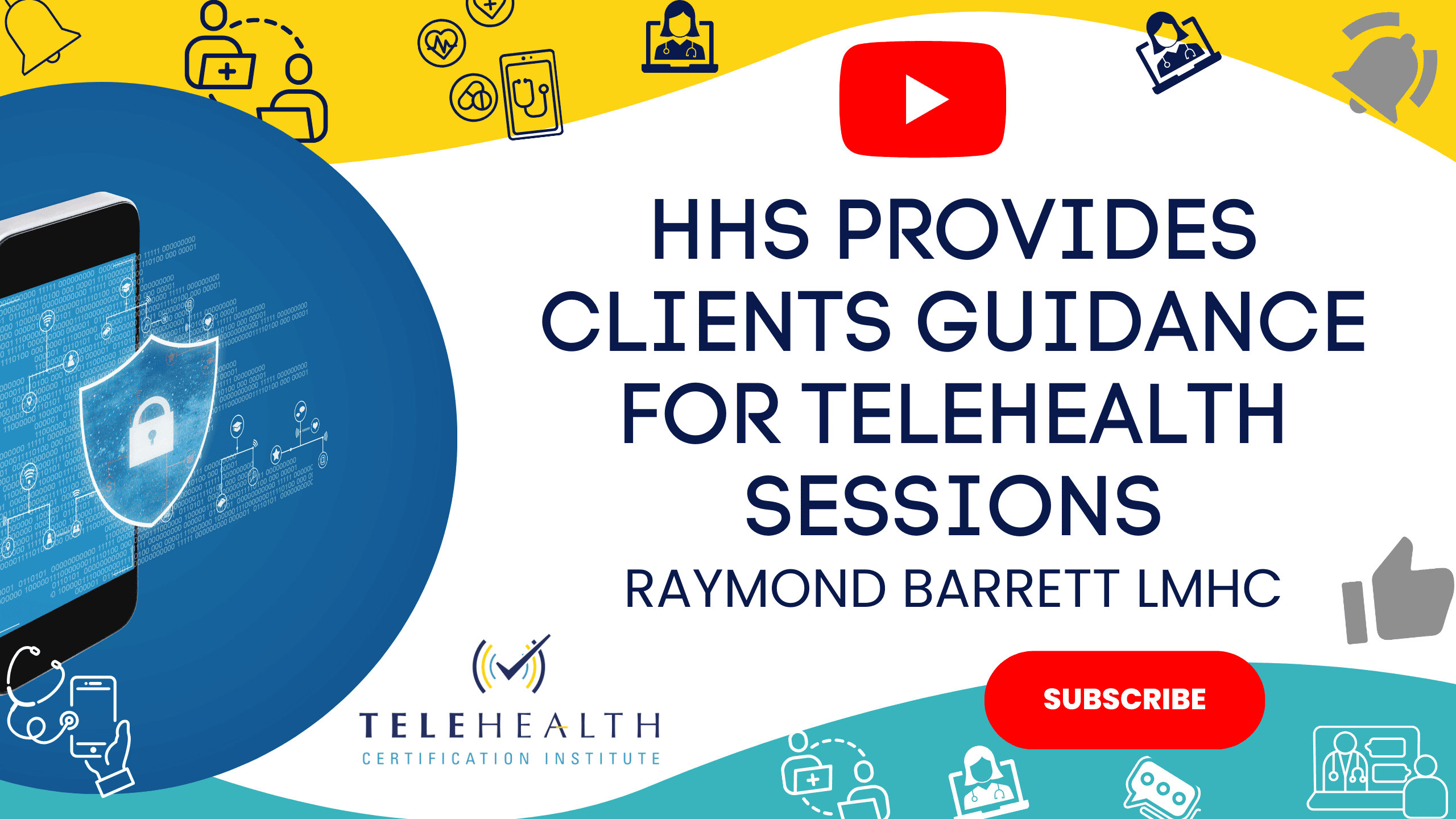Featured
In the digital age, telemental health services have become increasingly prevalent, offering a convenient and effective means of therapy. As a behavioral health provider, it is crucial to consider not only the safeguarding of your clients' mental well-being but also their information security. This article explores the responsibilities of behavioral health providers in informing clients about protecting their data while using telehealth services.
Featured
The effects of COVID on telehealth have led to a viable and sustainable solution to many of the challenges facing healthcare delivery in the U.S. Virtual healthcare services are now one of the fastest-growing areas in the healthcare industry.
According to Centers for Medicare & Medicaid Services (CMS) reports, from March to October 2020, 68 million telehealth services were delivered, showing a 2,700% increase compared to 2019 reports.
Featured
We’ve invited Kathleen Shannon to discuss the process of pursuing multi-state licensure for licensed behavioral health professionals.
With the advent of telehealth, there are more and more possibilities for practicing in various areas. Some providers may have a particular niche with a demand for services. For others, continuity of care is essential. For example, Kathleen Shannon noted that when the pandemic started and some people had to move out of state, there were issues with providers not being able to continue care because they lacked licensure in the particular state. Ms. Shannon notes that complications arise as different states have varying regulations and requirements for licensure.
Featured
Dr. Jonathan Neufeld, the Program Director of the Great Plains Telehealth Resource and Assistance Center (gpTRAC) has spent the last 15 years steering healthcare organizations toward telehealth solutions. When he began his work in the field, few people were talking about telehealth technology; but once COVID-19 entered the picture, healthcare organizations realized that this underutilized treatment option became a necessity for patients and providers.
In this video interview, Dr. Neufeld identifies factors that organizations should consider when integrating telehealth technology into their practices, current technology constraints for treating patients, and a glimpse of the technological future that could be awaiting us.
Featured
Chris McLaughlin, MSW, LCSW, talks about the importance of counseling competencies when working with LGBTQ+ clients. Chris uses his knowledge and experience of the LGBTQ+ community to provide an in-depth look at common areas of concern for this client population, and where clinicians often fall short.
During the interview, Chris talks about the immense value of respecting whatever a client shares, and that bringing parents or guardians into the conversation can be “a delicate balance.” Ordinarily, Chris says that his “rule of thumb is to always follow the lead of the youth,” and that his role is to never out youth to their parents—even if safety issues are present. According to Chris, “regardless of the presenting concern,” he always asks questions about sexual orientation and gender identity with his clients. For some youth, they may have never encountered an adult who expressed interest in these issues; and for others, they may be waiting for a safe enough space to be vulnerable.
Testimonials
Bridgette Nalumu
Public health consultant, Green and Purple Consultancy Network
Lora Verley
Clinical Therapist, Bayless Integrated Healthcare
Jackie Tanna
Therapist, Region One Mental Health
Jackie Bell-Russell
Therapeutic Behavioral Strategist, Rialto Unified School District




